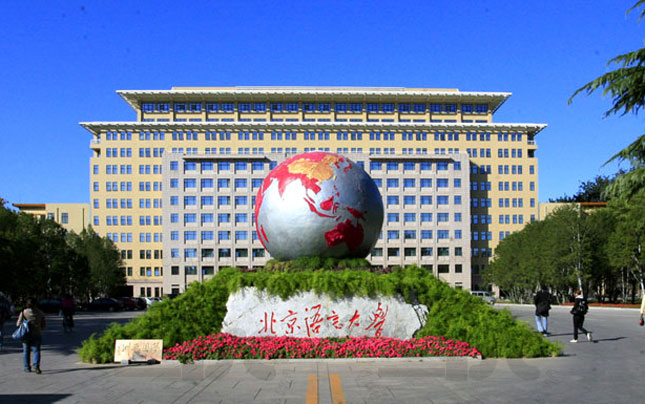He also wanted to get a better sense of what the common people were like in a state that is known to unleash cyber hackers on the United States.
He was not disappointed on either front and gained a new appreciation for what diversity, censorship and even his own blackness means in a cultural context other than his own.
“I wanted to explore,” Henderson said of his rationale for visiting China as part of the HBCU–China Scholarship Network. The network is a consortium of 42 Historically Black Colleges and Universities formed in 2014 to facilitate the implementation of 1,000 scholarships awarded to HBCUs as announced by Chinese Vice Premier Liu Yandong.
“There’s a lot of culture,” Henderson said. “Since the land is so large, there’s so many different sets of people that live differently and act differently.”
Henderson was one of 18 students who visited China for two weeks last month during one of the HBCU-China Scholar Network’s study abroad trips.
The group included 10 students from Morgan State University, seven students from Harris-Stowe State University, and one student from Florida Memorial University.
The students were hosted by Beijing Language and Culture University (BLCU) in Beijing and Hangzhou Wanxiang Polytechnic (HWXP) in Hangzhou.
The students spent six days in Beijing, five days in Hangzhou, and one day in Shanghai.
They studied China’s language, philosophy, political system, economics, education system, astrology, calligraphy and painting, ethnic minorities, martial arts and clean energy initiatives.
“At times, the students were exhausted because of the amount of scheduled activities we had,” said Sumanth Reddy, Study Abroad Advisor & Coordinator at Morgan State University.
“However, overall, we had a hectic but wonderful trip to China,” Reddy said. “The students enjoyed trying new food, meeting new people, and soaking in all that is China.”
Reddy said students used words such as “unforgettable, amazing, enlightening, life-changing, inspiring, humbling, educational, and spectacular” to describe their trip.
For Henderson, the trip represented a chance to broaden his perspective as a student of electrical engineering. He was particularly interested in how everyday Chinese felt about the United States given cyber conflict between the two countries.
“For the most, what I saw, they were very peaceful. They didn’t want any type of negativity,” Henderson said.
He also wanted to see how the country conserved energy.
“A lot of the things they did there we could bring to the United States to conserve energy,” Henderson said, referring to photovoltaic cells on rooftops to heat water so that electricity or coal was not necessary to do the job. read more




